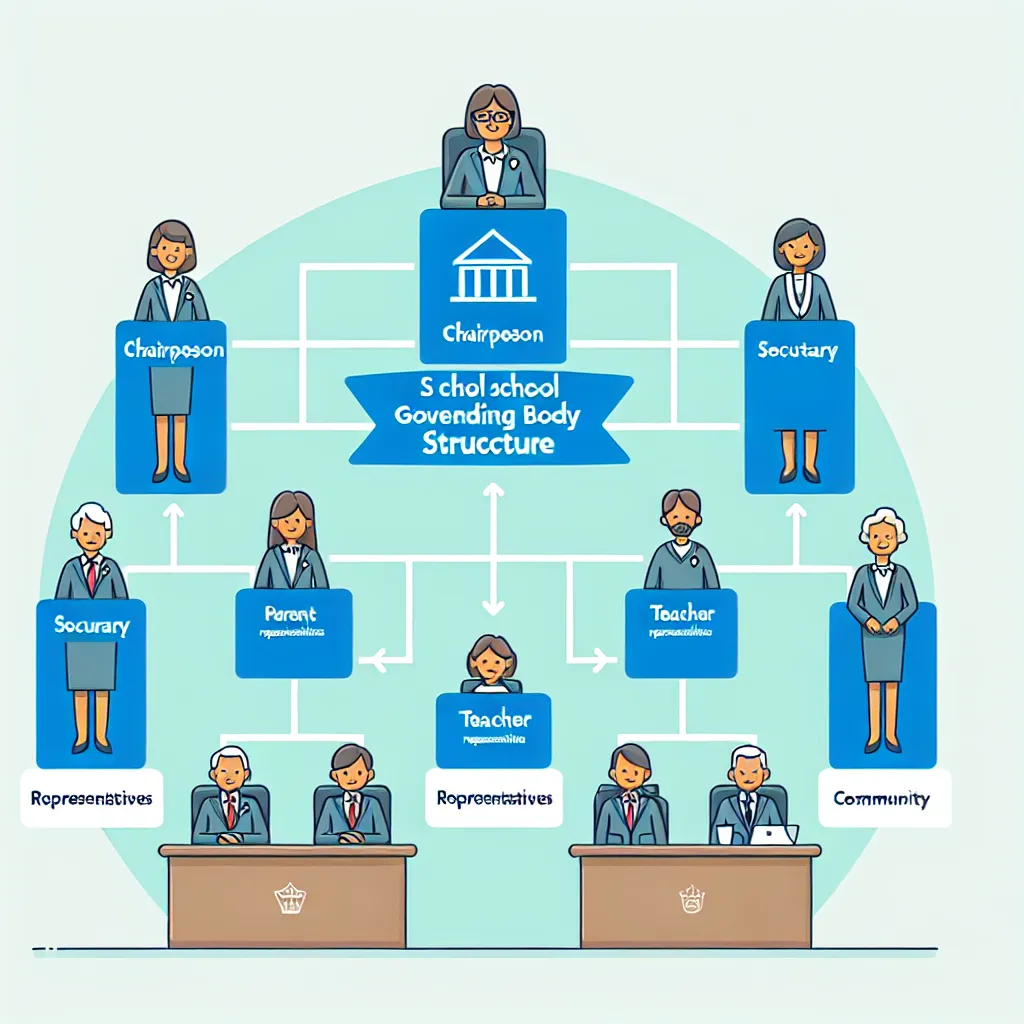Ask AI on The Internet
Question: 2.1 Read the statement below and answer the question that follows. Schools should make sure that families are informed about and understand their child’s progress and that parents share in the making of educational decisions for their children. Provide four examples of decisions that teachers should involve parents in. (8) 2.2 Research about the D6 Communicator app and answer the following questions 2.2.1 What is the purpose of the app? (2) 2.2.2 What is the main advantage of the app? (2) 2.2.3 Mention two main limitations or disadvantages of the app. (4) 2.3 List four common barriers that prevent parents from being actively involved in their children's education. (8)
### 2.1 Provide four examples of decisions that teachers should involve parents in. 1. **Curriculum Planning**: Involving parents in decisions about the curriculum can help tailor the educational content to better meet the diverse needs and interests of students. 2. **Behavioral and Disciplinary Policies**: Engaging parents in shaping and understanding the school's behavioral guidelines ensures a consistent and supportive approach to discipline both at school and at home. 3. **Individual Education Plans (IEPs)**: For students with special educational needs, collaborating with parents in creating and updating IEPs ensures that the goals and strategies are realistic and aligned with the child’s capabilities and family expectations. 4. **Extracurricular Activities**: Including parents in the decision-making process regarding their child's participation in sports, clubs, or other extracurricular activities ensures that these programs balance well with academic requirements and family commitments. ### 2.2 Research about the D6 Communicator app and answer the following questions #### 2.2.1 What is the purpose of the app? The D6 Communicator app is designed to streamline communication between schools and families. Its purpose is to facilitate the sharing of important information such as news, events, timetables, and academic updates, thereby keeping parents well-informed about their child’s education and school happenings. #### 2.2.2 What is the main advantage of the app? The main advantage of the D6 Communicator app is its ability to provide real-time updates and easy access to essential school information. This immediacy and convenience enhance the engagement and collaboration between schools and parents, ensuring that they are always informed about their child’s school activities and progress. #### 2.2.3 Mention two main limitations or disadvantages of the app. 1. **Digital Divide**: Not all parents may have access to smartphones or the internet, preventing them from benefiting from the app’s functionalities. 2. **Tech Literacy**: Some parents may not be tech-savvy and could find navigating the app challenging, thus limiting its overall effectiveness in bridging the communication gap between schools and homes. ### 2.3 List four common barriers that prevent parents from being actively involved in their children's education 1. **Time Constraints**: Many parents may have demanding work schedules or multiple jobs, leaving little time to participate in school activities or meetings. 2. **Language Barriers**: Non-native speakers may find it difficult to communicate effectively with teachers or understand school communications, hindering their involvement. 3. **Lack of Confidence or Education**: Some parents may feel inadequate in helping with schoolwork or discussing academic matters if they have a limited educational background themselves. 4. **Cultural Differences**: Cultural norms and expectations about the role of parents in education can vary significantly, sometimes causing parents to be less involved due to differing beliefs about educational responsibilities and boundaries.
Think your answer is better than the AI's? Post it below.
Other Most Relevant Posts:
 **Education Assessment Guide**
- **Overlap Between Home and School**
- **School Governing Body**
- **Parent Involvement**
- **D6 Communicator App**
- **Case Study Analysis**
- **Mind Map/Word Clo
**Education Assessment Guide**
- **Overlap Between Home and School**
- **School Governing Body**
- **Parent Involvement**
- **D6 Communicator App**
- **Case Study Analysis**
- **Mind Map/Word Clo
 1. Types of Human Settlements
2. Advantages and Disadvantages of Urban Living
3. Challenges for Families in Urban Settlements
4. Importance of Self-Reflection for Grade R Teachers
5. Probing Ques
1. Types of Human Settlements
2. Advantages and Disadvantages of Urban Living
3. Challenges for Families in Urban Settlements
4. Importance of Self-Reflection for Grade R Teachers
5. Probing Ques
 "Exploring Family-School Partnership Dynamics: A Deep Dive into Parental Involvement and Engagement"
"Exploring Family-School Partnership Dynamics: A Deep Dive into Parental Involvement and Engagement"
Question Tags
If you want your question answered by an AI, click here.




Post your own comment: